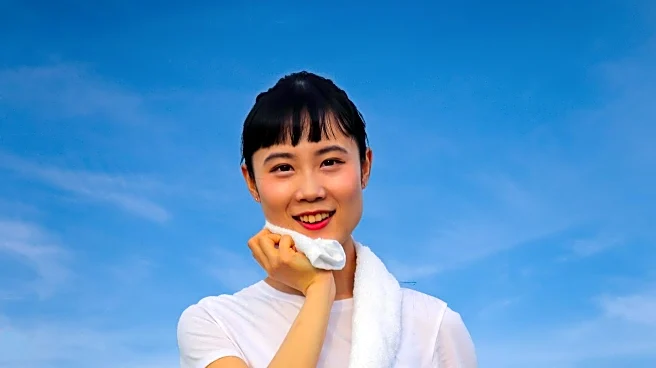What is the story about?
What's Happening?
A Chinese medical team led by Professor An Chiying at Shenzhen Hengsheng Hospital has enabled 24 patients with Type 1 diabetes mellitus (T1DM) to discontinue insulin therapy through holistic integrative medicine (HIM). This approach combines traditional Chinese medicine, orthomolecular medicine, functional medicine, and lifestyle medicine, focusing on immune blockade and metabolic balance. The treatment involves precision diagnostics, immune regulation, metabolic repair, and AI-driven monitoring, allowing personalized adjustments to treatment strategies.
Why It's Important?
This breakthrough challenges the conventional belief that T1DM requires lifelong insulin injections, offering new hope for patients worldwide. The success of HIM could lead to a paradigm shift in diabetes treatment, potentially reducing healthcare costs and improving patient outcomes. It highlights the potential of integrative medicine in addressing complex autoimmune disorders and may influence future research and treatment protocols.
What's Next?
The results achieved by the Chinese team may prompt further studies and clinical trials to validate the effectiveness of HIM in other regions. Healthcare providers and researchers might explore the integration of traditional and Western medicine in treating autoimmune diseases. The adoption of HIM could lead to the development of new health management programs and policies aimed at reducing the burden of diabetes.
Beyond the Headlines
The success of HIM raises ethical questions about the accessibility and affordability of integrative medicine. It also underscores the importance of cultural competence in healthcare, as traditional practices gain recognition in modern medicine. Long-term implications may include shifts in global health policies and increased collaboration between Eastern and Western medical practitioners.
















